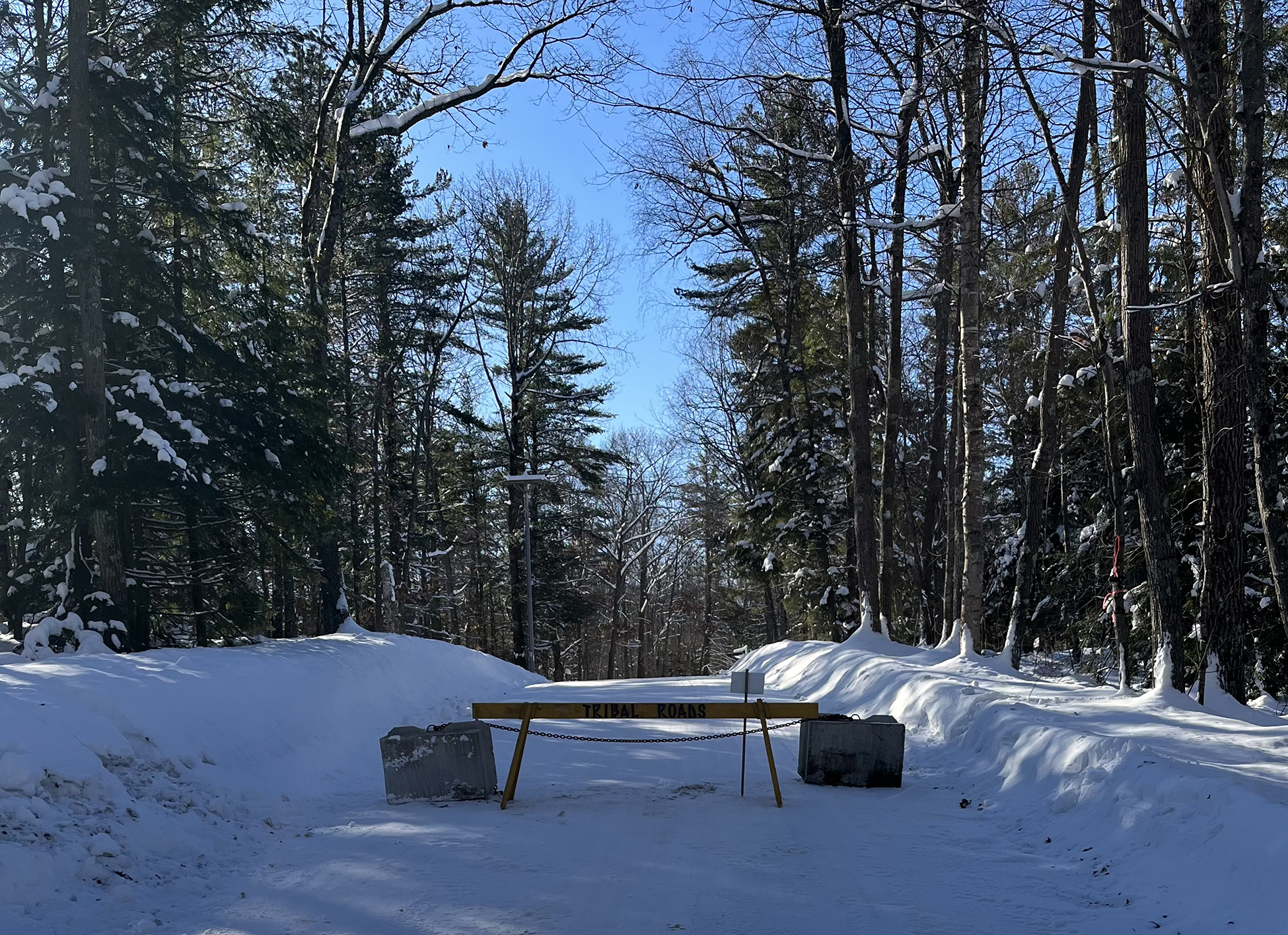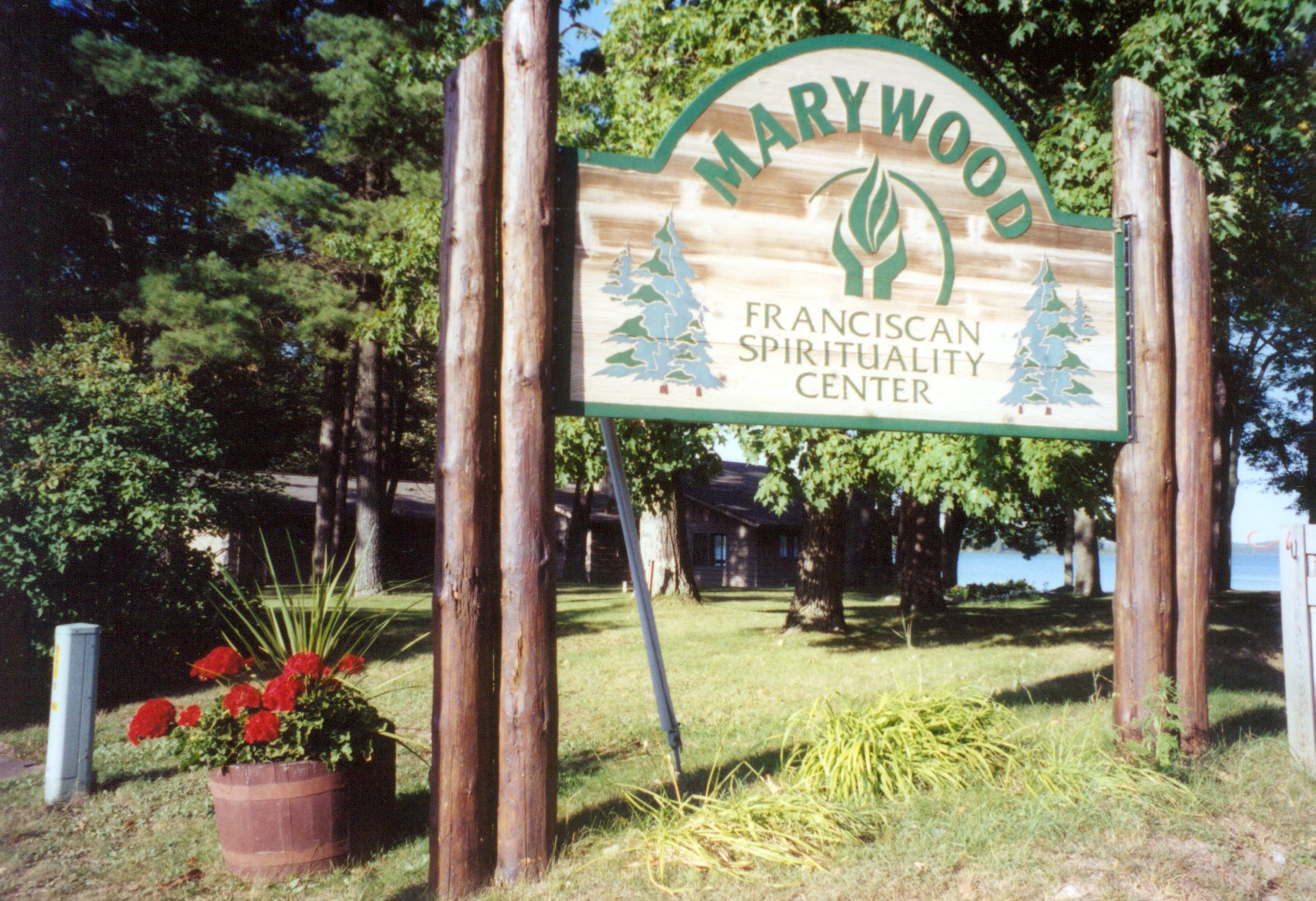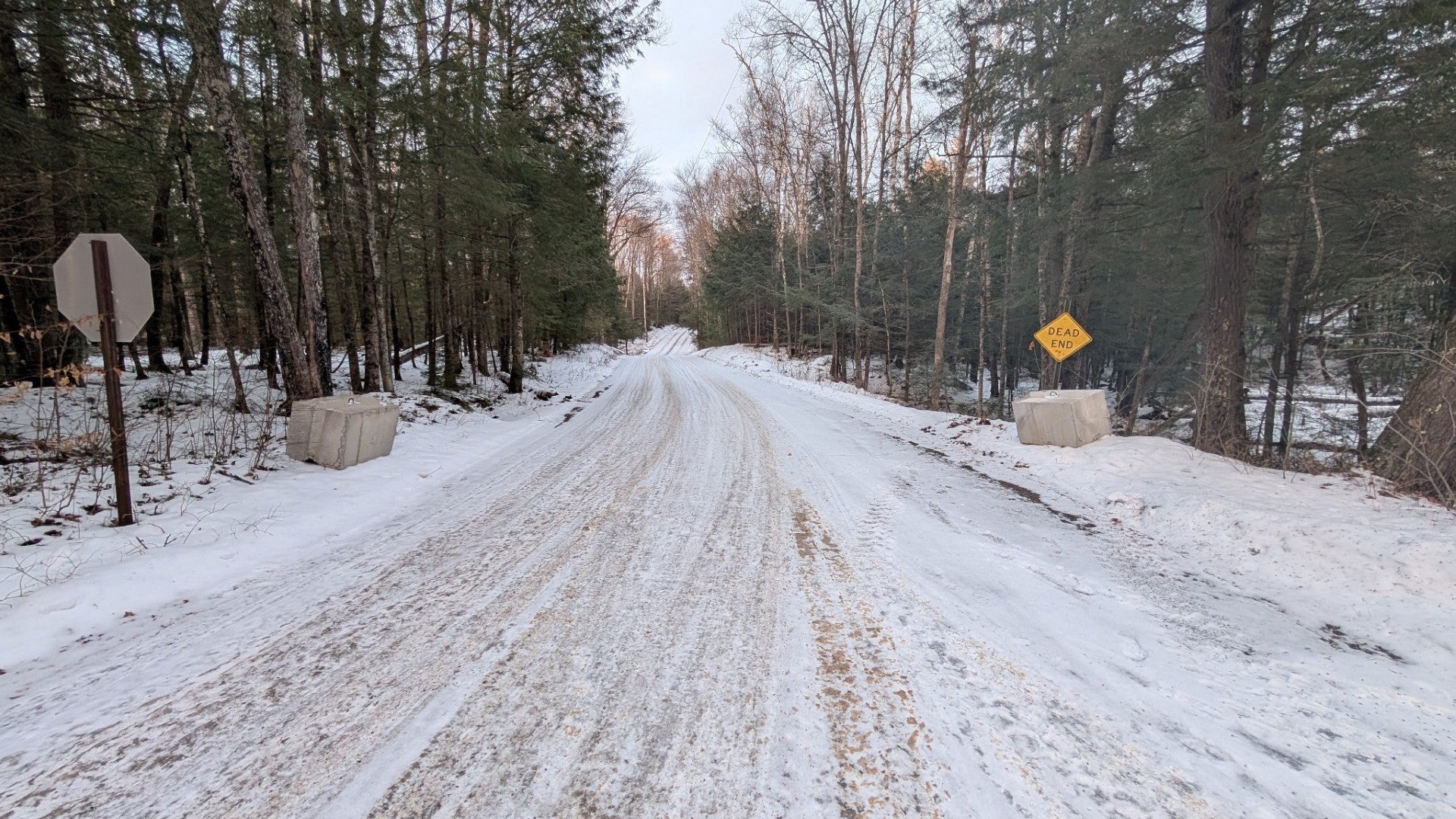The U.S. Department of Justice filed an amicus brief supporting the tribe in a lawsuit seeking to ban the Lac du Flambeau Band of Lake Superior Chippewa from barricading town roads that cross tribal land.
In their filing, attorneys for the justice department are supporting the tribe’s motion to dismiss the lawsuit, and say the U.S. Department of Justice is considering whether to “file a trespass action” against the Town of Lac du Flambeau.
In January, the tribe set up barricades blocking four roads used to access non-tribal properties and homes when they were unable to reach an agreement over easements that had expired more than a decade earlier. The barricades were removed by the tribe last month after the town board agreed to pay up to $60,000 to keep the roads open for 90 days amid ongoing negotiations over right of way easements. The LDF band is seeking $20 million for new road agreements, past attorneys fees and more than 10 years of trespassing violations.
News with a little more humanity
WPR’s “Wisconsin Today” newsletter keeps you connected to the state you love without feeling overwhelmed. No paywall. No agenda. No corporate filter.
Meanwhile, a lawsuit filed on behalf of impacted homeowners asking a judge to order the tribe to keep the roads open is still working its way through federal court.
This week, an amicus brief was filed by Assistant U.S Attorney General of the Department of Justice’s Environment and Natural Resources Division supporting the Lac du Flambeau band’s motion to dismiss the lawsuit, in part, because the U.S. was never included as a party to the lawsuit.
“The United States holds title to the land at issue in this suit in trust for the Lac du Flambeau Band of Lake Superior Chippewa Indians (the Band) and 76 individual Indian landowners (the Allottees),” said the brief. “Both the Band and Allottees are ‘under the guardianship of the United States and entitled to its aid and protection.’”
The brief also argues the federal district court lacks jurisdiction to settle the claim in the suit because the homeowners have failed to identify a cause of action under the federal Declaratory Judgment Act, which defines the legal relationships between parties in court.
The tribe has filed a motion to dismiss the lawsuit, which argues, among other things, that plaintiffs have failed “to state a claim upon which relief can be granted” because the Lac du Flambeau Tribal Council members named in the suit are “shielded by the doctrine of sovereign immunity” as elected officials of a sovereign, federally recognized nation.
The U.S. brief says the underlying controversy is “whether plaintiffs have a legal right to use the sections of the road” crossing tribal lands, which cannot be resolved by the lawsuit.
“These issues need to be resolved, if at all, in a trespass action by the United States (or the Tribe) against the Town, which holds the expired ROWs (right of way easements) for the roads at issue in this case,” the brief said. “The Department of Justice is currently considering whether to file a trespass action against the Town.”
The brief clarified the federal government would rather see a negotiated resolution between the tribe, town and homeowners. In lieu of that, “a suit by the United States – not plaintiff’s declaratory-judgement action – would provide a suitable legal mechanism to resolve this dispute,” the brief said.
On Tuesday, the Lac du Flambeau Band issued a statement thanking the U.S. Department of Justice for it’s brief acknowledging the Tribes rights to control and manage access to their lands.
“We are grateful the United States, who signed the 1854 Treaty acknowledging our Reservation as a permanent homeland, has shown its support by way of amicus brief,” said LDF Tribal president John Johnson. “This action not only validates our efforts to protect our ancestral lands but also strengthens the relationship between our Tribe and the U.S. government.”
The statement said the amicus brief from the U.S. “marks an important step in the tribe’s pursuit of a fair and equitable resolution to the ongoing trespass disputes.”
Dave Kievet is one of the homeowners involved in the lawsuit. He told Wisconsin Public Radio it’s disappointing that the United States doesn’t appear to believe their suit has merit, but said there’s a bright side.
“I’m encouraged by the fact that we’ve gotten the attention, I think, of individuals that can actually help facilitate and get this issue resolved permanently, which is what I think all the residents up in Lac du Flambeau would like to see,” Kievet said.
He said discussions between the town and tribe are ongoing and he’s hopeful there could be a local agreement. Kievet also encouraged members of Wisconsin’s congressional delegation to work together and push legislation that could provide a solution that is fair to homeowners, the town and the tribe.
The homeowners’ lawsuit was dealt another potential blow on March 30 when the federal Bureau of Indian Affairs approved the tribe’s request to remove the formerly barricaded roads from the National Tribal Transportation Facility Inventory, or the NTTFI.
That designation of the roads is a significant part of the landowners’ lawsuit, which argues “all roads listed in the NTTFI must be open and available for public use” as required by federal law. A court filing by David Peterson, an attorney and shareholder with the law firm suing on behalf of landowners, includes an appeal filed with the BIA to reconsider removing the roads from the federal inventory. It says homeowners were never notified about the agency’s decision and the roadways must remain open in order to ensure access to residents.
“Removing the Roadways from the NTTFI and thereby potentially changing the nature of the roadways from public to private adversely affects each Homeowner and every other resident living in homes which are accessible only by the Roadways,” Peterson said.
On Thursday, U.S. District Judge William Conley scheduled an in-person hearing June 7 to address the homeowners’ motion for a preliminary injunction against the tribe and the tribe’s motion to dismiss the lawsuit.
Wisconsin Public Radio, © Copyright 2025, Board of Regents of the University of Wisconsin System and Wisconsin Educational Communications Board.





